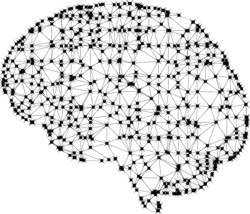AI Technology Could Improve Water Treatment Monitoring, Safeguard Public Health
University of Waterloo scientists have created new artificial intelligence (AI) software that is capable of identifying and quantifying different kinds of cyanobacteria. Cyanobacteria, or blue-green algae, poses a significant threat to water systems, which can shut down entirely in the sudden presence and proliferation of such bacteria.
“This tool will arm us with a sentinel system, a more rapid indication when they are threatened,” said Monica Emelko, professor of civil and environmental engineering and member of the Water Institute of Waterloo. “The exciting piece is that we’ve shown testing utilizing AI can be done quickly and well. Now it’s time to work through all the possible scenarios and optimize the technology.”
The new development from researchers combines the software with a microscope, allowing for swift analysis of water samples in search of algae cells. This process can be completed in 1 to 2 hours, which involves human confirmation from an analyst.
This substantially reduces the time period necessary to execute such sample testing, which currently takes 1 to 2 days to complete, as samples must be sent to labs for manual analysis by technicians. While other automated systems also currently exist, they come at a much higher price point than the new software system, rendering them incapable of widespread use.
Because the new process can be executed so quickly, researchers claim that the AI system will provide early warning of potential problems regarding algae growth. The hope for the research team moving forward is for the technology to continuously monitor water flow while broadening the range of contaminants the software can analyze for.
“This brings our research into a high-impact area,” said Alexander Wong, a member of the research team. “Helping to ensure safe water through widespread deployment of this technology would be one of the great ways to really make AI count.”
